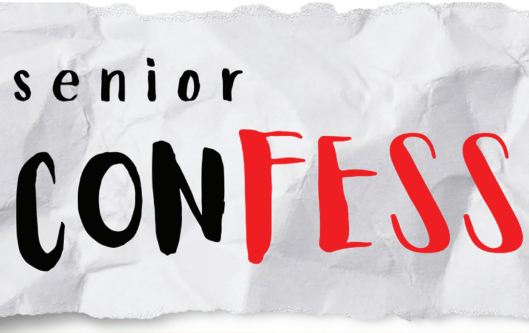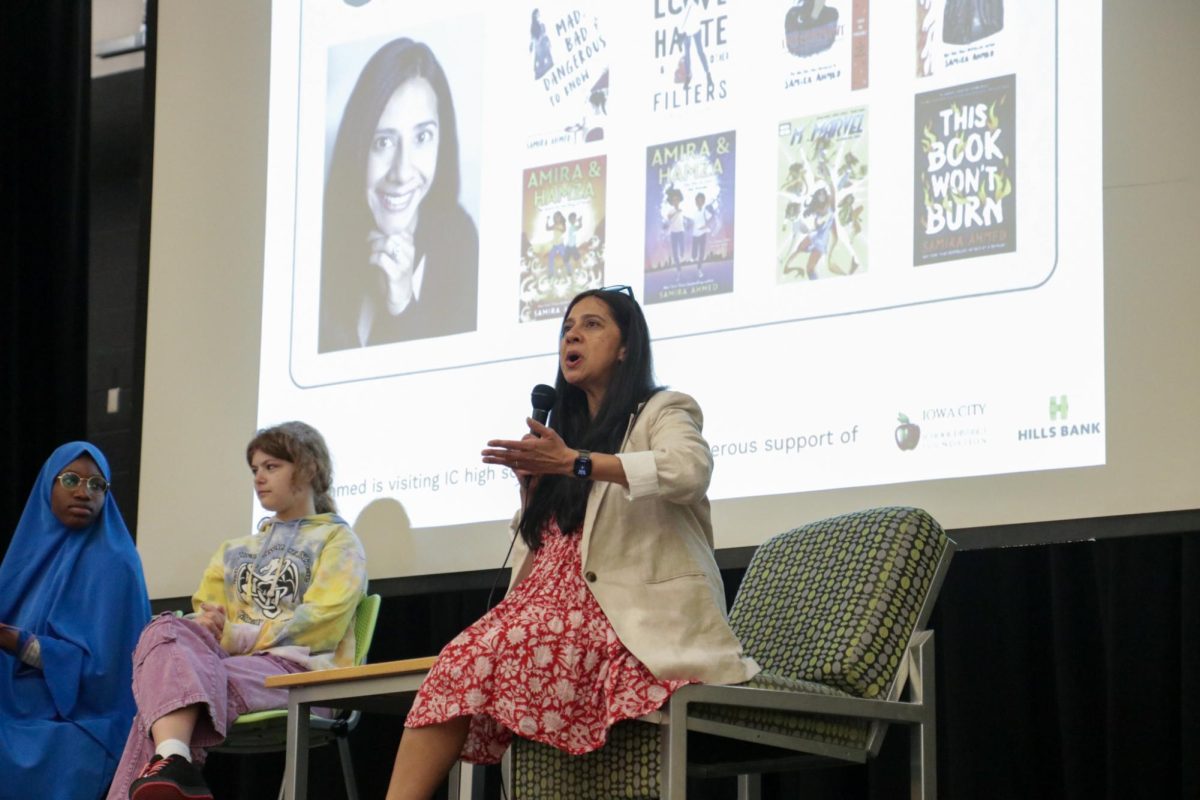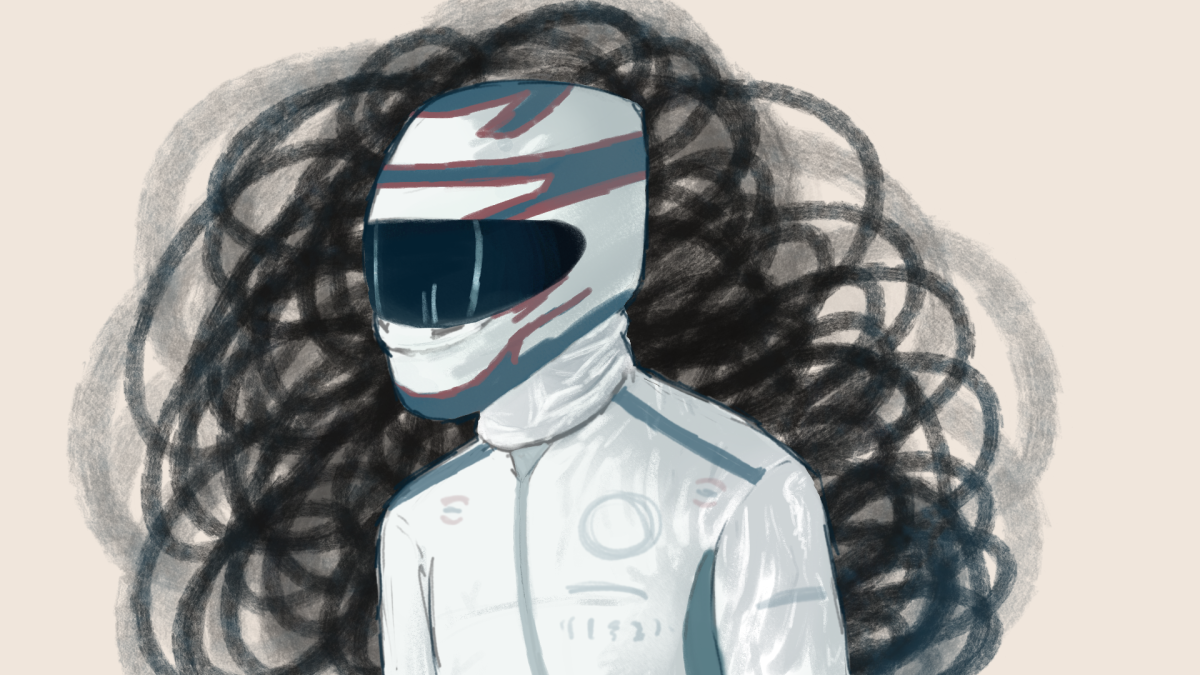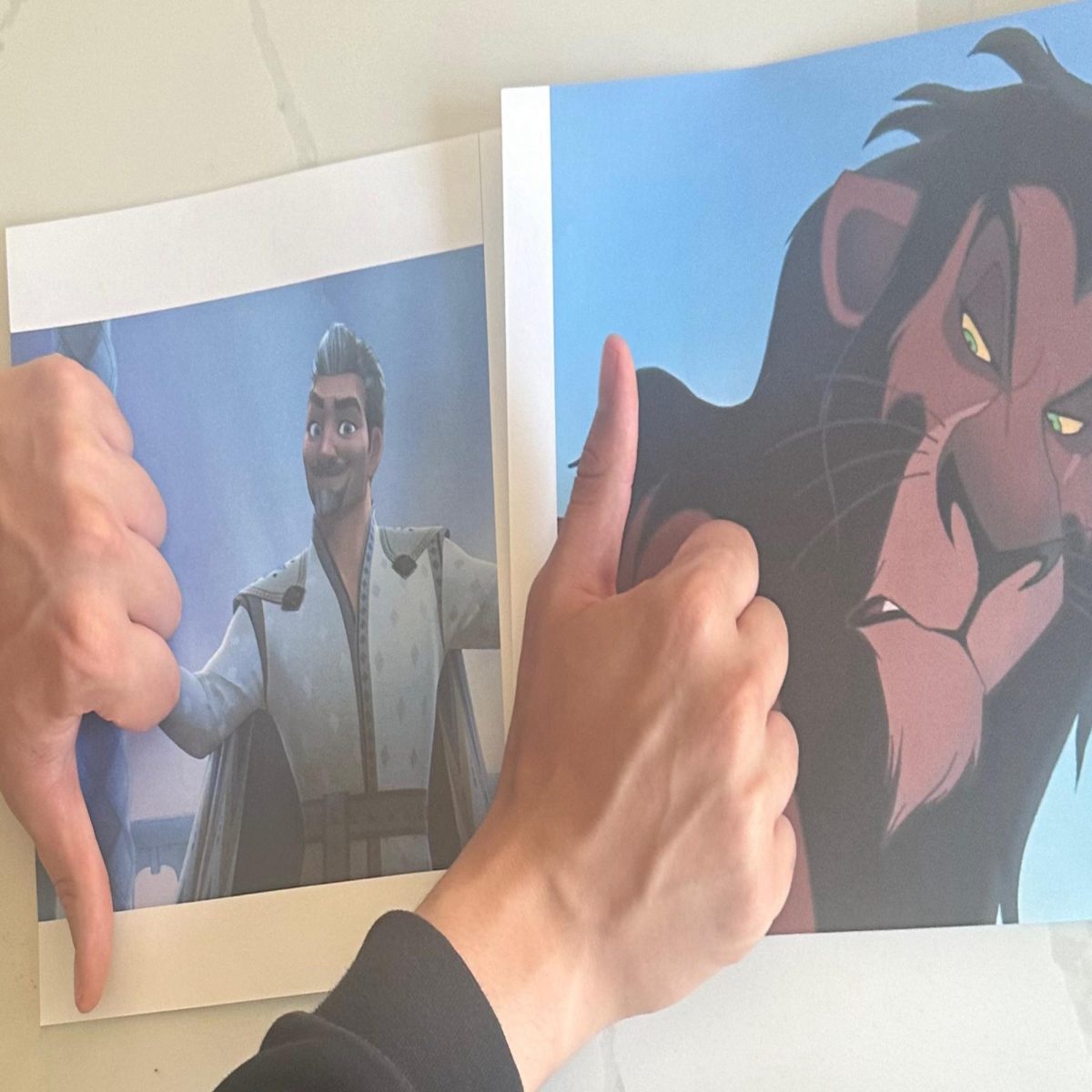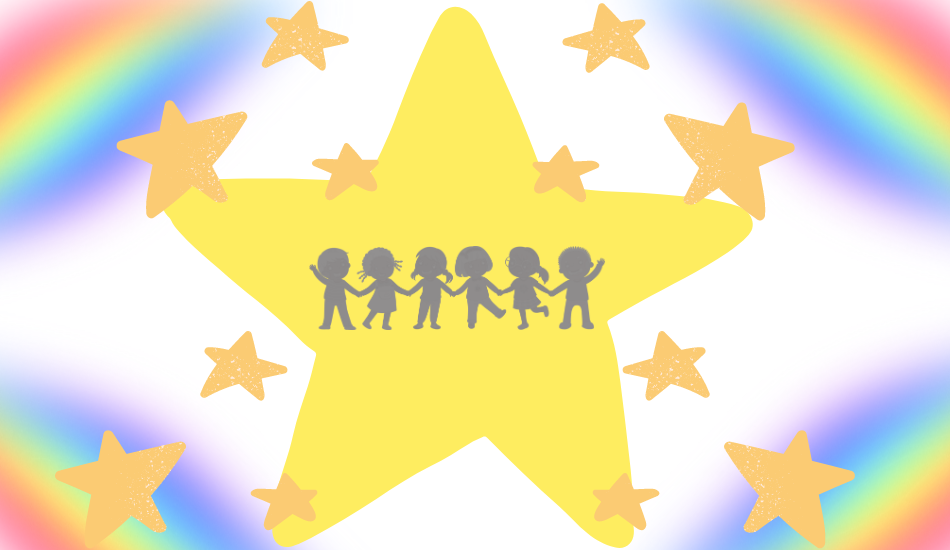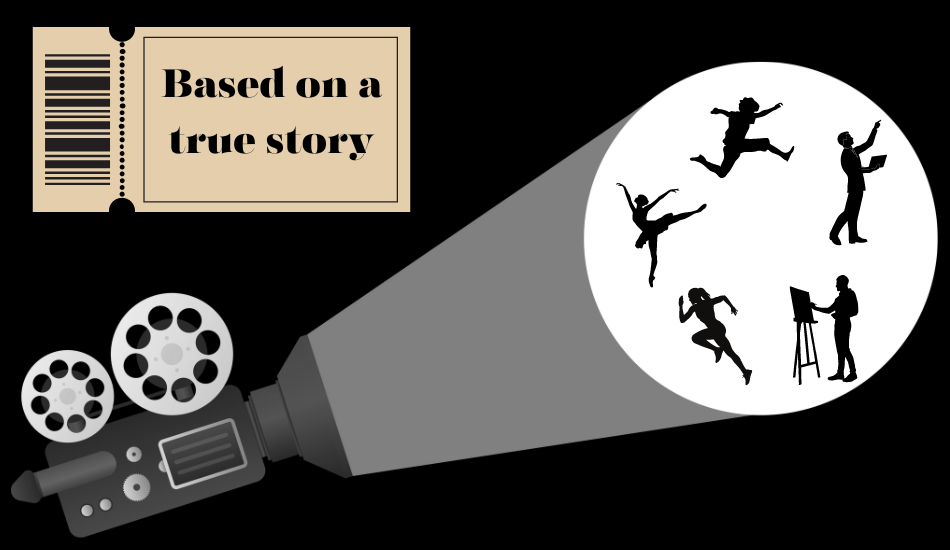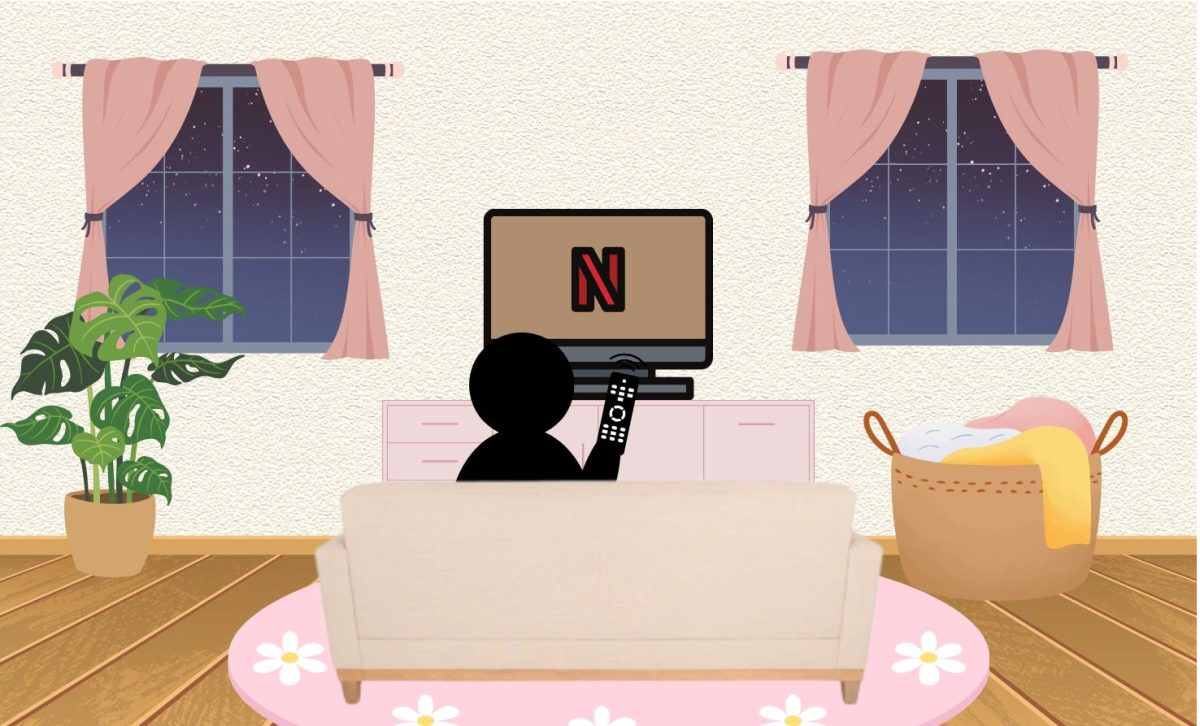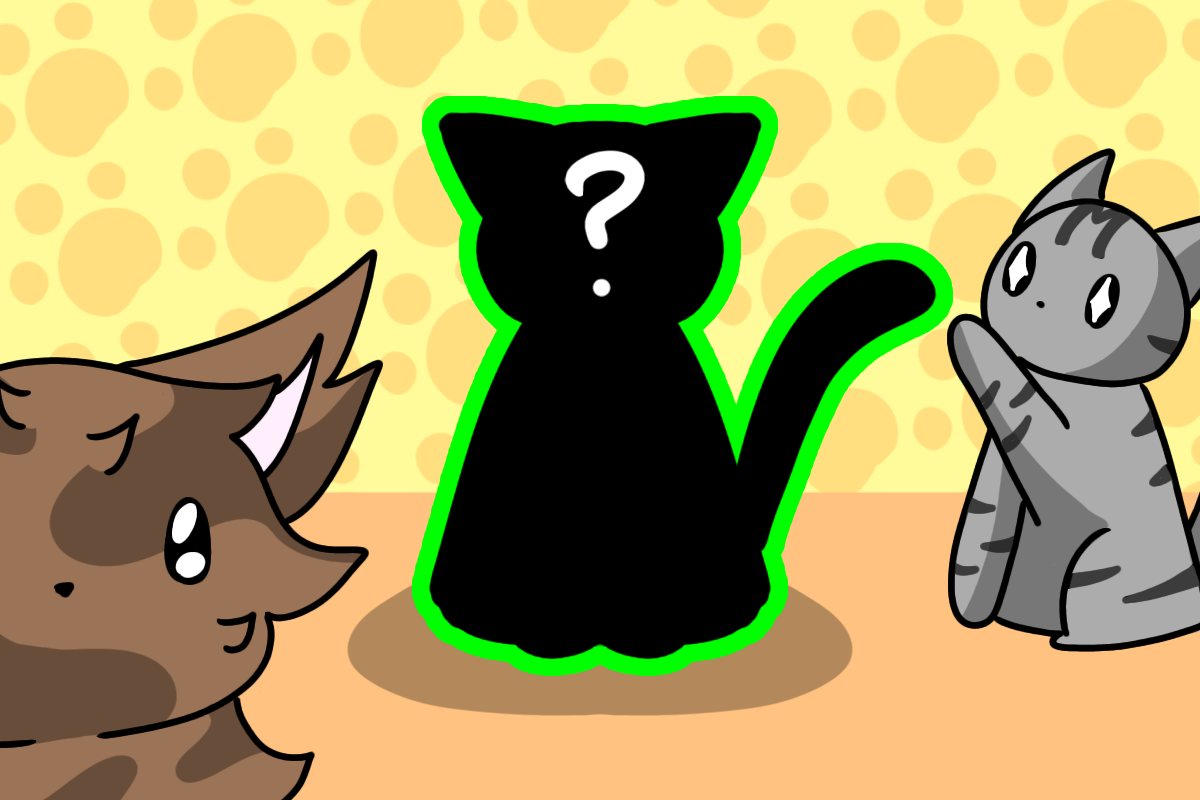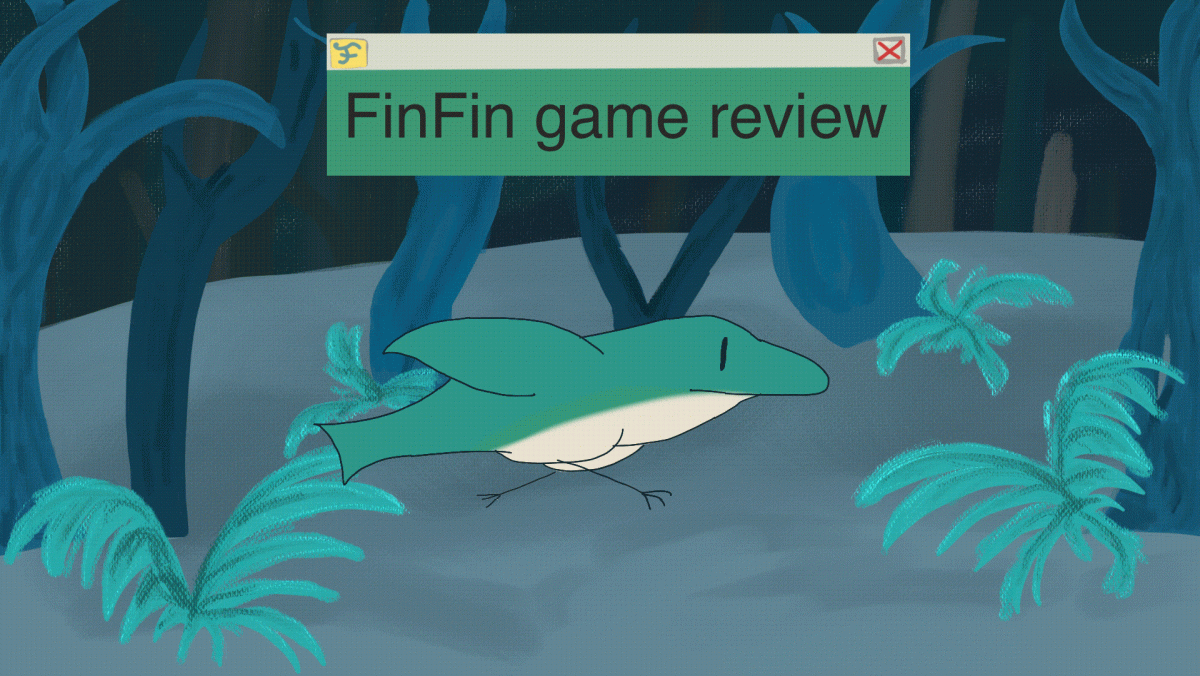Have you ever watched a show that’s so good you’re left waiting in anticipation for the next season to come out, fingers crossed that it doesn’t turn into a hot mess? Chances are you have. Why do we fear our favorite franchises breaking down into a derailed plot, terribly written character arcs and awful scripts? It’s because we’ve seen it happen before, and it continues to happen as quantity over quality becomes the priority for many TV production companies.
An example that immediately springs to mind of a franchise completely falling off after building a strong foundation is Game of Thrones. Starting with a budget of only five million dollars per episode (10 million less than Percy Jackson and the Olympians, recently released by Disney), the show was able to boast its innovative production and a fantastic first season. However, it fell from grace with the final seasons due to terrible writing and a mess of a storyline.
But what is a franchise? A franchise when referring to film can also be classified as a film or movie series. They are essentially a collection of movies all related to one another through characters, world, plotlines and more. Some examples of franchises are “Toy Story”, “James Bond” and “Indiana Jones”.
This has turned into a common trend in media for a franchise to start strong, falter and ultimately tumble down a hole of quantity over quality.
Disney:
It’s no secret that Disney has been getting massive media attention — mostly backlash — for their more recent movies. The main complaints come from the constant live-action adaptations that fail to capture the same magic and whimsy of their cartoon counterparts being churned out nearly every year.
From “Beauty and the Beast” in 2017 to “The Little Mermaid” in 2023, the live actions haven’t gotten better in quality or reception. While Halle Bailey, who played Ariel in “The Little Mermaid,” and Emma Watson, who played Belle in “Beauty and the Beast,” are fantastic actresses who try to work with the script they’re given, it’s not enough when the writing itself isn’t good. Disney’s inability to come up with new, creative stories and instead turning to old legacies to at least put something out is disappointing.
While there are examples of good, like “Encanto” and “Andor,” these are overshadowed by the sequels and remakes coming out on the double. Why did there need to be a “Frozen 2,” “Moana 2,” and “Descendants 4?” The list goes on.
Disney is losing its magic in favor of pumping out movies, leaving behind the love-filled films to put out another box-office movie for money.
Marvel:
The Marvel Cinematic Universe, often referred to as the MCU, is one of the most popular and successful franchises of the 21st century. It has an impressive roster of movies and characters such as Iron Man, Captain America, Guardians of the Galaxy and the Avengers films. Would it surprise you that the MCU now boasts 33 films, with over 10 currently in development? That’s not even counting the numerous TV shows they’ve released. They pump out new movies every year, fighting a losing battle against the rapidly plummeting box office sales.
The name Marvel used to mean something. “Avengers: Infinity War” and “Avengers Endgame” brought the world together in a shared fascination with iconic characters like the infamous, morally confusing Thanos or the triumphant redemption of the thunder god, Thor. When Marvel started to kill off all of the original Avengers and then proceeded to market the barely relevant sidekicks as the main characters, they should’ve predicted the mass loss of interest.
After Endgame and the retirement of half the original Avenger characters, Marvel managed to ride the wave of their popularity and put out a few more movies and shows that showed some quality and depth. The Disney+ series “Wandavision,” released in 2021, focused on the iconic character of The Scarlet Witch and was very well received. This series kicked off the most recent of Marvel’s so-called “phases,” known as phase four. Since then, Marvel has churned out more content in this phase than the three phases before combined. Not even bothering to pretend they prioritize quality over quantity.
At the end of the day, the MCU was an entertaining and well-made franchise with interesting plotlines, well-developed characters and recognizable actors. Now, it’s become a jumbled mess of cookie-cutter, boring characters and ridiculous narratives desperately trying to create a bigger and badder villain, yet always falling short. Marvel got greedy, and it came back to bite them. Four out of five of their most recent movies were total box office disappointments, not even making a profit. When Marvel lost their quality in order to prioritize quantity, they also lost the public’s love.
DC Extended Universe:
The DC Extended Universe, also known as DCEU, is famous for its terrible movies and unfaithful adaptations of incredible comics. While some movies like “The Dark Knight” in 2008 and “Suicide Squad” in 2016 were huge in pop culture, the former for being a great movie and the latter for its campy influence on younger audiences, both films either failed to be true to the original content or suffered from awful writing. The “Snyderverse,” as fans call it, was all the movies director Zach Snyder attempted to pump out to build the DCEU.
The trend of bad DCEU movies spanned throughout the 21st century, with notably bad movies like “Wonder Woman 1984” (2020) and “Justice League” (2017) having some of the lowest superhero movie ratings.
The death of the DCEU has been essentially finalized through the end of Zach Snyder’s reign after the release of “Aquaman and the Lost Kingdom” (2023), with the movie earning a whopping 34% on Rotten Tomatoes.
However, the DCEU is being rebranded to follow the success of “The Batman” (2022), with a spinoff “Penguin” show releasing in the summer of this year, alongside “Joker: Folie á Deux” shortly after in October. There are also several other films in the works spanning across the DC universe from Superman to the development of the Bat-family. The question is, will the directors be able to continue making superhero movies as good as “The Batman,” or will they crash and burn the same way Snyder did in his attempts?
Star Wars:
The original three “Star Wars” films in the franchise are regarded as masterpieces of cinema but nearly every single sequel released since “Return of the Jedi” is incessantly clowned by both the fanbase and critics.
The prequels were hated for their terrible scripts, while the sequels were hated for their lack of originality and messy plotlines. “Star Wars” was trying desperately to hang onto what made the originals so great, which only turned into cheap copies and underdeveloped characters like Padme Amidala in the prequels and Finn in the sequels. There were opportunities for “Star Wars” to continue being good, with new TV shows like “The Mandalorian” and “Andor” being met with tentative but increasing success and praise.
However, overall the “Star Wars” universe has been taken and spun into so many different storylines and movies that it’s recognized for the failures like the sequels as often as it’s known for the greatness that was the original trilogy.
The Walking Dead:
Often cited as the kickstarter of the 2010’s zombie craze, “The Walking Dead” was a shocking success when it first released in October of 2010. The compelling storyline, complex characters and terrifying zombies led “The Walking Dead” to become one of the most iconic TV shows of our generation and set the tone for future media in the zombie genre.
No one predicted that “The Walking Dead” would become such a smash hit when AMC dropped six episodes on a very small budget for season one. There weren’t any big-name actors to garner attention to the show. It was simply the quality that attracted their millions of fans.
Part of what made “The Walking Dead” so interesting and different from most other zombie media from that era is that it focused a lot more on the survivors of the apocalypse than the zombies themselves. There was a distinct emphasis on character interaction and development that allowed fans to connect with the characters on a deeper level. We were watching iconic characters such as Rick Grimes and Daryl Dickson not only fight zombies but also struggle to protect themselves and their loved ones from other humans.
This major focus on character interaction instead of plot or worldbuilding is part of what propelled “The Walking Dead” to the top but it eventually led to its downfall. The show fell into an unfortunate pattern where each season, they introduced a new character, got the audience attached and then killed them off. This model didn’t become apparent until around season five when they were left with very few of the original season one characters.
As one might expect, this repeated plotline got old very quickly and it didn’t help that the show was being noticeably slowed down. Season one had six episodes, season two had eight and every season after that had at least 16. Once they got up to 11 seasons, it had gotten pretty slow. The show picked up a bad habit of having one action-packed and exciting episode and then following it up with two or three episodes where the characters just walk through the woods and discuss things without much actually happening.
“The Walking Dead” finally ended in 2022 after 11 seasons and now boasts seven spin-off shows with the most recent coming out only a few months ago. Its legendary reputation will live on for decades to come but it’s been tarnished by the stark drop in quality in the later seasons. “The Walking Dead” is the perfect example of a franchise that really should have quit while they were ahead.




